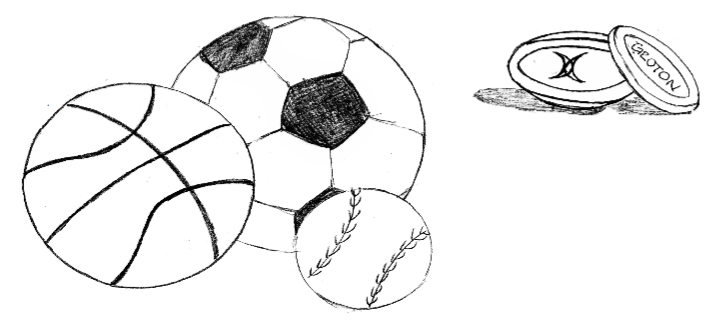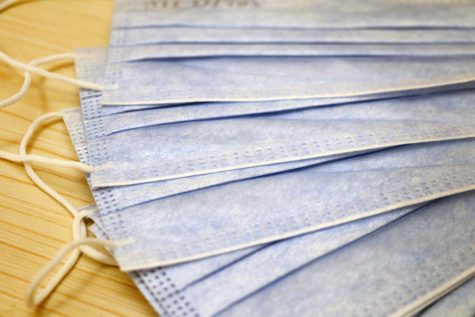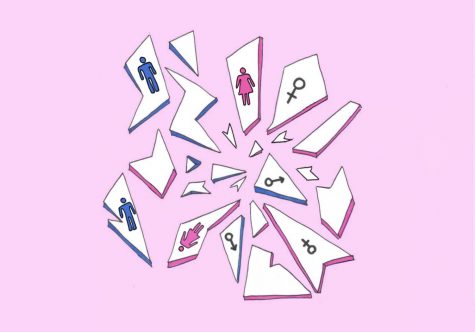Undermining Spring Athletic FSAs: a bad call
Spring sports are, without a doubt, one of the highlights of Groton’s favorite term. On a warm day in April or May, students can amble between the baseball diamond, tennis courts, and lacrosse fields or walk down to the boathouse to watch the crew team racing on the Nashua River. In recent years, however, the additions of the rugby and ultimate frisbee teams have complemented these more traditional Groton sports. Although established as faculty sponsored activities, as the level of play and seriousness of the teams has increased, many rugby and frisbee players have pondered the possibility of taking their sports to the next level as official Groton varsity sports. However, while both teams have had great success in their interscholastic matches and maintained a strong core of players, they still retain their FSA status. While there are some valid concerns about the creation of two new official spring sports, the benefits of granting ultimate frisbee and rugby status as official sports certainly outweigh the potential drawbacks.
Perhaps the most common argument made against the introduction of new sports at Groton is that additional sports like rugby and ultimate frisbee might draw athletes away from more traditional pursuits. Although I initially agreed with this argument, I have begun to recognize some of its flaws. This athlete drain argument assumes that Groton athletes are not already migrating away from certain sports, an assumption that, from my personal experience, is incorrect. Over the course of my three years at Groton I have observed a decline in popularity of certain sports like football and baseball without the addition of any new sports. Meanwhile, ‘traditional’ sports like soccer, tennis, and basketball have been growing in numbers to the point where many players are unable to meaningfully participate. Many students, finding the lack of athletic options disappointing, give up sports altogether after satisfying their athletic requirement. The sports that have been losing players have already been reduced to only their most dedicated and talented players. Varsity athletes are generally invested in their sports, having spent many years working hard to make their teams. It is therefore rare for a varsity athlete to abandon their team in favor of an FSA. Instead, ultimate frisbee and rugby have attracted students who might otherwise have tried to minimize their athletic involvement or forgone sports altogether. According to Kevin Xiao ’18, a member of the ultimate frisbee team, “nobody who does frisbee would ever compete seriously in another spring sport.” The inclusion of new sports, rather than stealing away players from declining sports, would relieve some of the pressure on sports that are increasingly becoming overwhelmed by an oversupply of players. Boys’ Thirds soccer, for instance, was so large this fall that a split into two teams was nearly necessary. Establishing ultimate frisbee and rugby as official Groton sports would make it easier for prospective athletes to join and increase the level of play dramatically. Since Groton swimming was included as a varsity sport three years ago, its practices and meets have become far more serious affairs. By attracting talented swimmers and appealing to students who were previously without a winter sport, the team has taken some of the strain off other popular sports and competed interscholastically for the first time this year.
Because the athletic department classifies rugby and ultimate frisbee as FSAs, a few students who were very dedicated to these sports were unable to play due to unfulfilled athletic requirements this year. Athletes who are passionate and work hard at a sport should not be prevented from playing thanks to some bureaucratic distinction between an FSA and an “official” sport. If coaches are worried that new sports will take away from a valuable supply of athletes, perhaps a quota could be put on the number of players. However, I firmly believe that the inclusion of ultimate frisbee and rugby as full-fledged sports would increase, rather than decrease, athletic involvement at Groton. After all, this is a school with a “field of inclusion.”










